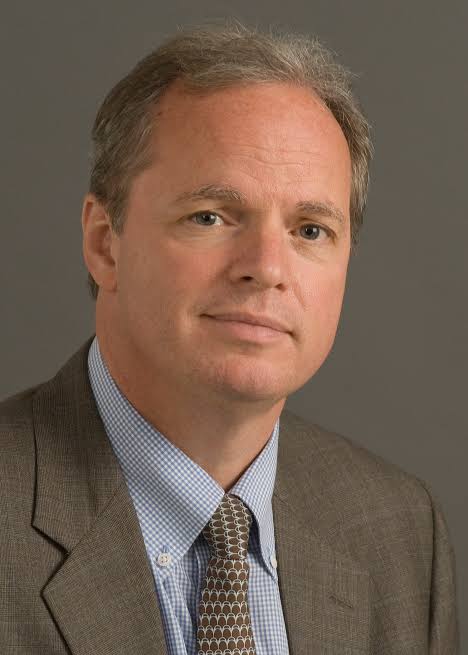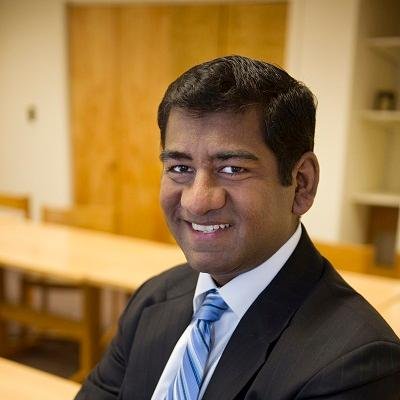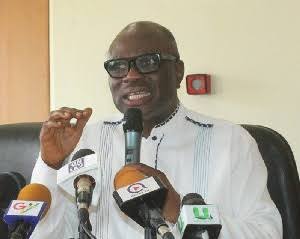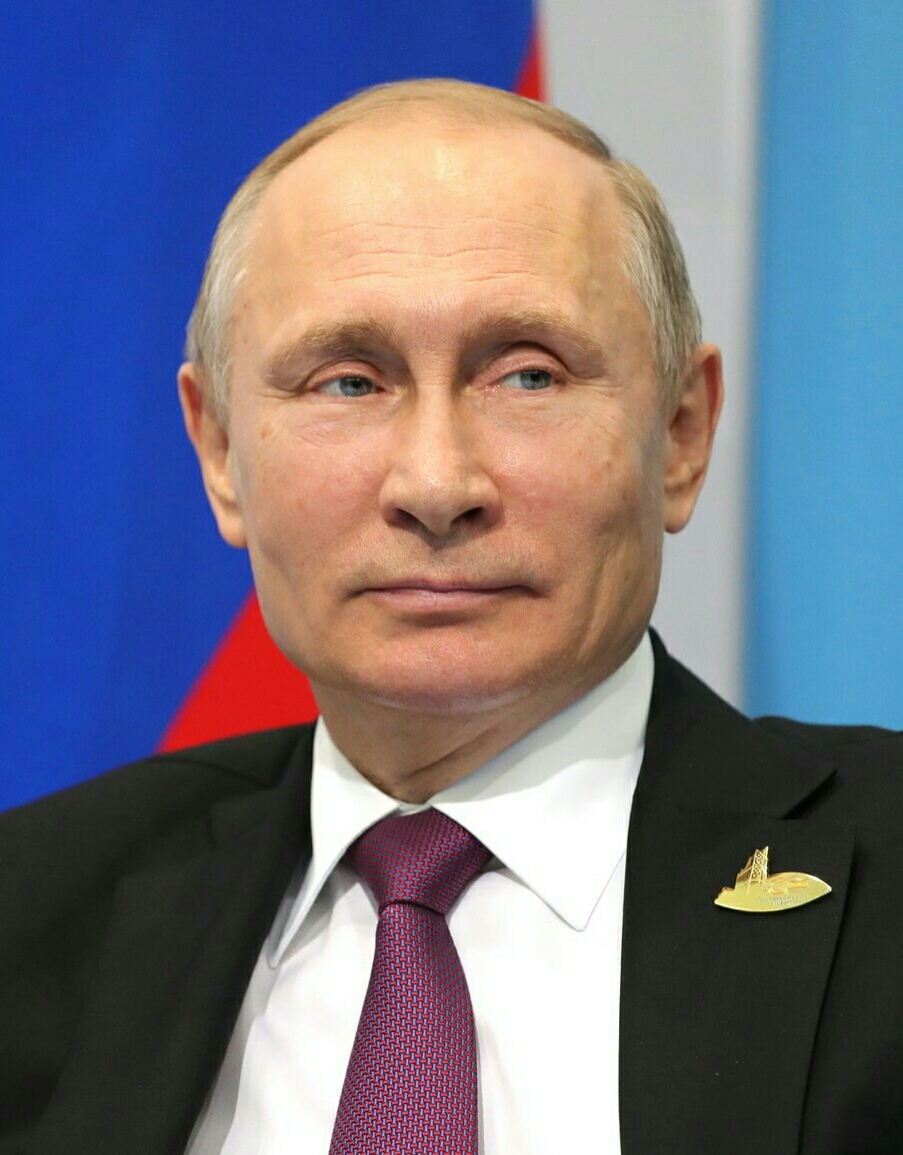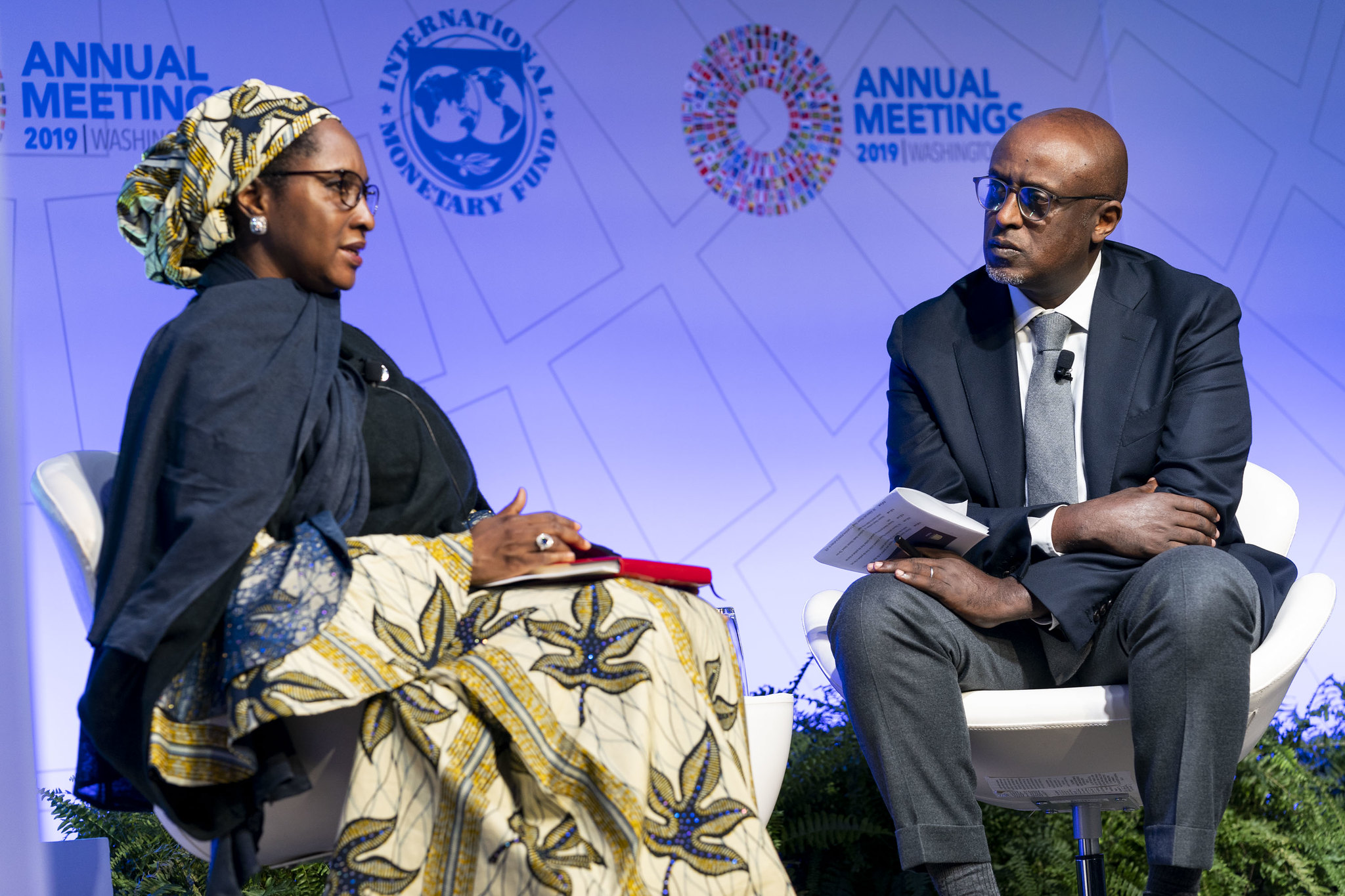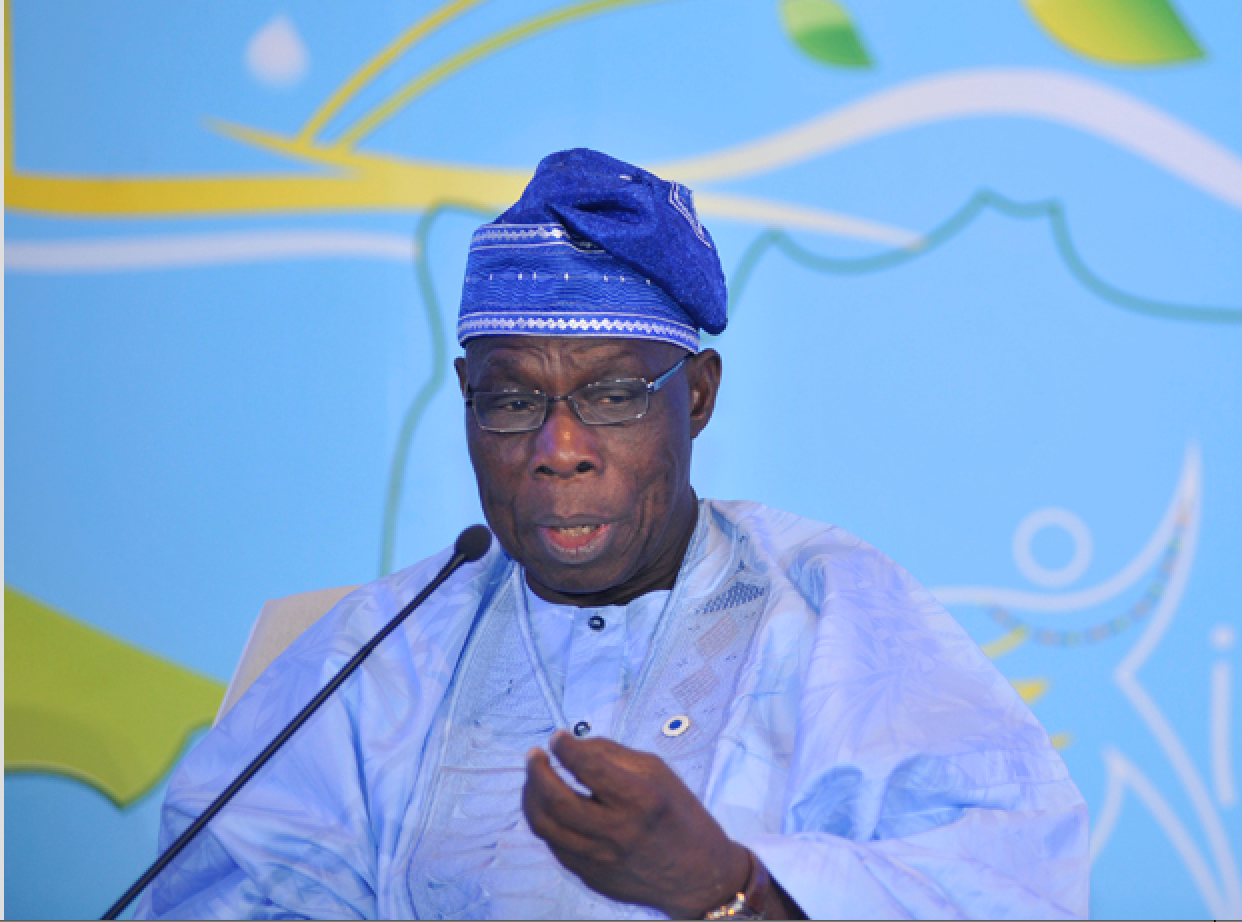Poor Countries Need More Encouragement in their Battle with Poverty
Like the scriptures, the International Monetary Fund (IMF) is probably resigned to the existential fact that “the poor will always be with us”. It characterizes 59 of its 189 sovereign members as low-income countries which currently post GNI per capita of about $1,025 or less against high- income economies with GNI per head of $12,376 or more. Under current conditions in the global economy, the Fund reckons that it will take 90 years to halve the gap between the two.

That may well be eternity for citinizens of developing countries, most of who live in sub-Saharan Africa. Of these countries, 43 percent are in distress and the Fund is looking for new ideas to help bridge the gulf between the world’s haves and have-nots. Regrettably, the task, the IMF says, is being made harder by the day by a cocktail of challenges including recurrent commodity price shocks, soaring borrowing costs and difficulty in adapting to recent developments in technology and Fintech. Other headwinds border on the fallouts from global trade tensions fomented by the world’s two largest economies, conflicts and natural disasters.
Panelists at the talk on Lending to Low-Income Countries who are also representatives and mouth pieces of policymakers in LICs, acknowledge that the Fund’s new architecture for lending has been deployed in many states but are unanimous that many of the programs need to be tweaked to make them effective for the diverse and peculiar needs of the Fund’s client-states.
Central Bank of Kenya (CBK) Governor, Patrick Njuroge, is particularly worried about the problem of access to the Fund’s programs. He berates the IMF for the impracticality of its terms, citing the requirement that LICs on Poverty Reduction and Growth Facilities achieve debt sustainability in three years as “stringent” when richer countries are cut considerably more slack. He is supported by Antoinette Sayeh, former Director of Africa Department of the IMF and cabinet member in Liberian President Ellen Johnson Sirleaf’s government. She notes that the Fund’s debt sustainability analyses for LICs need improvement to reflect the peculiar challenges of their clients. Her stint at the institution vis-a-vis her time in the government of Liberia stands her in good stead to objectively criticize the Fund’s processes and policies.
For Alamine Ousmane Mey, Cameroon’s Minister of Economic Planning and Regional Development, much of the problem stems from the inability or failure of the Fund to carry out realistic assessments of the scope of their interventions, the resources available to LICs and the expected outcome of programs. Often, he says, the lender is too optimistic in its assessments such that failure becomes inevitable.
Bank of Zambia Governor Denny Kalyalya agrees with his co-panelists’ exception to the conditionalities that sometimes make programs stilted and bereft of clients’ buy-in or “ownership”. Fortunately, the IMF knows that it needs to up its game to become more relevant to the neediest of its client-states. It expects LICs to grow at an average rate of 5.5 percent in the medium term just to remain as they are. It is mulling new processes and policies that will increase the maximum they can borrow under the already liberal, interest-free Poverty Reduction and Growth Trust by a third of the old value. It is also increasing the flexibility of the terms of engagement with fragile states all in a bid to close the yawning gap between the rich, developed countries and poor ones. The most immediate adjustment it is planning to make is to encourage countries to immerse themselves in the programs and really ensure ownership.
That out of the way, the IMF wants LICs to overhaul their processes and the quality of their budgets and Cameroon’s Mey agrees. He enjoins poor countries to do their bit by working on internal administration of their economies to link up government with the productive tax-paying private sector. The Small and medium-scale enterprises which constitute the bulk of players in their economies must be brought into the formal sector for accountability. More important, these diverse economic players must also be made to see taxation not as burden but a positive tool to provide the enabling environment for a thriving economy and their own good, especially.
Kelechi Deca

Kelechi Deca has over two decades of media experience, he has traveled to over 77 countries reporting on multilateral development institutions, international business, trade, travels, culture, and diplomacy. He is also a petrol head with in-depth knowledge of automobiles and the auto industry.



